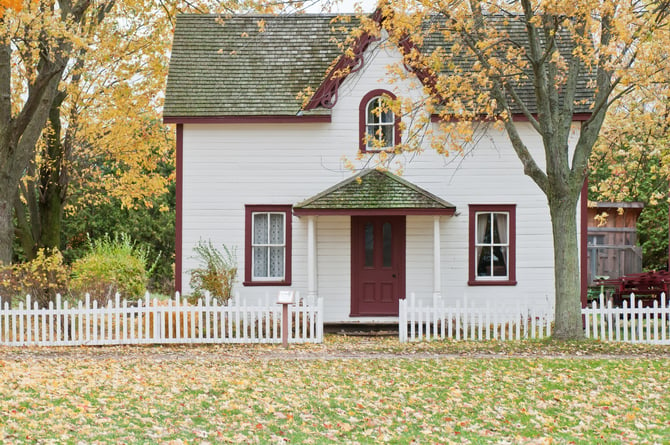BLOG
Sale of a second home or investment property – Reporting the gain and paying the tax

Unlike a gain on the sale of a main residence, which qualifies for private residence relief (as long as the associated conditions are met), any gain that arises on the sale of a second home or an investment property (such as a buy-to-let property) will be liable to capital gains tax. Since 6 April 2020, different rules apply to residential capital gains as compared to gains on other chargeable assets.
Report the gain
Residential property gains not covered by private residence relief must now be reported to HMRC within 30 days on the date of completion. To do this, it is necessary to set up a Capital Gains Tax on UK property account on the Gov.uk website and use this to report the gain. However, if the gain is reported on a self-assessment return before the end of the 30-day limit, the gain does not also need to be reported via the online service.
A penalty of £100 is charged for a failure to report the gain within 30 days.
Pay the tax
A payment on account of the tax due on the gain must also be made to HMRC within 30 days of the completion date. This is the best estimate of the capital gains that is due at that point in time. To calculate the amount due, the following should be taken into account:
- the annual exempt amount (unless already used on a previous property gain in the same tax year);
- any losses realised prior to completion (unless already utilised on a previous capital gain); and
- the likely rate of tax – this will be 18% if total taxable income and gains for the year are less than the basic rate band and 28% to the extent that they exceed this. The gain is treated as the top slice when working out which tax band it falls into.
Payment can be made online via the taxpayer’s Capital Gains Tax on UK property account. Interest is charged if the tax is not paid within the 30-day window.
The overall capital gains tax position for the tax year will depend on other disposals in the year. If other disposals are made in the year, the position is recalculated after the end of the year on the self-assessment return. Any additional tax falling payable must be paid by the normal capital gains tax due date of 31 January after the end of the tax year. If the eventual liability for the year is less than the amount paid on account in respect of property gains, a repayment of the excess will be made. A repayment may arise if, for example, a loss is made on shares following the disposal of the property.
Practical tip
When selling a second home or an investment property, remember to work out the capital gain and to report it to HMRC and pay the associated tax within 30 days of the completion date.
Read more of Inform's tax blogs:
Business interruption insurance – Are pay-outs taxable?
National Living Wage and National Minimum Wage changes from April 2021




.jpg?width=1500&height=1000&name=amy-hirschi-K0c8ko3e6AA-unsplash-(5).jpg)

